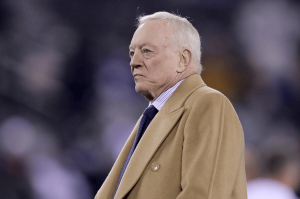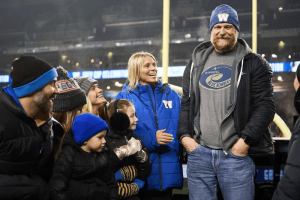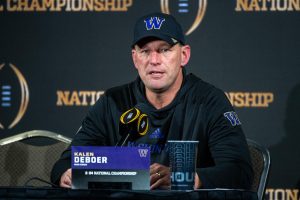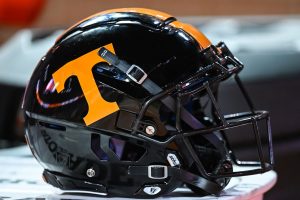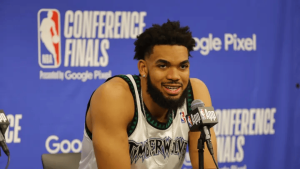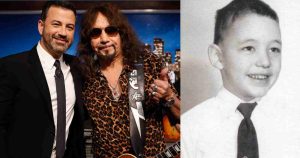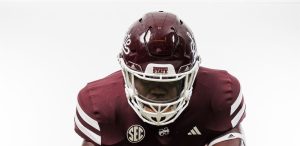
Brooks Robinson, a Hall of Fame third baseman and Orioles great, has died at the age of 86.
BALTIMORE (AP) — Brooks Robinson, the Hall of Fame third baseman whose slick glovework and down-home demeanor made him one of Baltimore’s most respected and accomplished sportsmen, has died. He was 86.
“We are deeply saddened to share the news of Brooks Robinson’s passing,” the Orioles and his family announced in a joint statement. “An integral part of our Orioles Family since 1955, he will continue to leave a lasting impact on our club, our community, and the sport of baseball.”
The manner in which Robinson died was not specified in the announcement.
Before their game against the Washington Nationals, the Orioles observed a moment of silence, and both teams lined up outside their dugouts to pay their respects. Before the game, people gathered around Robinson’s 9-foot bronze statue inside Camden Yards.
“I think a lot of guys tonight played with a heavy heart,” Orioles manager Brandon Hyde said following his team’s 1-0 win. “He’s a legend in this game and a legend in this city.” There aren’t many of them.”
Robinson, who was born before the free agent period, spent his whole 23-year career with the Orioles. He virtually single-handedly helped Baltimore upset Cincinnati in the 1970 World Series, and he homered in Game 1 of the Orioles’ first World Series victory over the Los Angeles Dodgers in 1966.
“Great player, great guy on the field, great guy off the field,” Jim Palmer, another Orioles Hall of Famer, said, choked with emotion. “Respectful and considerate. And you don’t come across many men like that. Brooks was a genuine individual. There was no acting involved. Brooks was simply a kind person.”
Robinson appeared in 18 All-Star Games and was named the 1964 American League Most Valuable Player after hitting.318 hits, 28 home runs, and 118 RBIs lead the league. In 2,896 career games, he concluded with 268 home runs, 1,357 RBIs, and a respectable.267 batting average.
But he will be remembered for his work ethic and brilliance at the hot corner, where he established himself as one of baseball’s best fielding third basemen, whether charging slow rollers or snaring liners down the third base line.
Robinson, nicknamed the “Human Vacuum Cleaner,” won 16 consecutive Gold Gloves, second only to pitcher Greg Maddux (18) for the most by a player at one position. Robinson also ranks third in career defensive WAR with 39.1, trailing shortstops Ozzie Smith (44.2) and Mark Belanger (39.5), Robinson’s Orioles teammate for 13 years.
“Brooks was probably the last guy in the clubhouse on game day, but he’d be the first guy on the field,” former Orioles manager Earl Weaver said. “He’d be taking groundballs, and we’d all be thinking, ‘Why does Brooks have to take any groundballs?'”
“I wouldn’t have expected anything less from Brooks.” Seeing him labor like that meant a lot to any aspiring young person. He was so solid, and he kept everyone else steady.”
Dusty Baker, manager of the Houston Astros, recalled Robinson’s bond with him in the early years of his career, when he broke in with Atlanta in the late 1960s.
“I’m simply sad.” “Another great one has been summoned to heaven,” Baker stated. “They’ve got a lot of all-stars up there.”
“He was very nice to me as a rookie with the Braves.” We used to barnstorm all the time with him, and he was a true gentleman. I’d never heard anything bad about him. And he was on a club that included a number of African-American players, including the Orioles. I believe they had 10 or 12. They were all crazy about him. That’s quite a compliment. Especially at the time.”
Robinson, who was born in Little Rock, Arkansas, in 1937, later made Baltimore his home but never lost his southern accent, which was great with blue-collar Baltimore fans who enjoyed his homespun charm and modest nature.
Mr. Oriole was a sports icon in Baltimore, alongside former Colts quarterback Johnny Unitas and Orioles infielder Cal Ripken, who represented a different generation.
Ripken was dubbed “The Iron Man” because he played in 2,632 consecutive games, but Robinson disliked sitting on the bench as well. From 1960 through 1975, he appeared in at least 152 games in 14 seasons and 144 games in the other two.
“I’m a guy who just wanted to see his name in the lineup everyday,” that’s what he stated. “To me, baseball was a passion to the point of obsession.”
Robinson retired in 1977 after only hitting.149 in 24 games. That year, his jersey was retired.
“I will always remember Brooks as a true gentleman who represented our game extraordinarily well on and off the field all of his life,” MLB commissioner Rob Manfred said in a statement. “On behalf of Major League Baseball, I send my deepest condolences to Brooks’ family, his many friends across our game, and Orioles fans everywhere.”
Robinson’s most notable performance came as the MVP of the 1970 World Series, when the Orioles avenged their devastating defeat to the New York Mets the year before, and Robinson redeemed himself after going 1 for 19 in that series. Few recall that he hit.429, homered twice, and drove in six runs during Baltimore’s five-game victory over the Reds – or that he made an error on his first play in the field.
In Game 1, Robinson hit the game-winning home run in the seventh inning. One inning earlier, he made a spectacular backhanded hold of Lee May’s strong grounder down the line, turned around in foul territory, and threw out the runner.
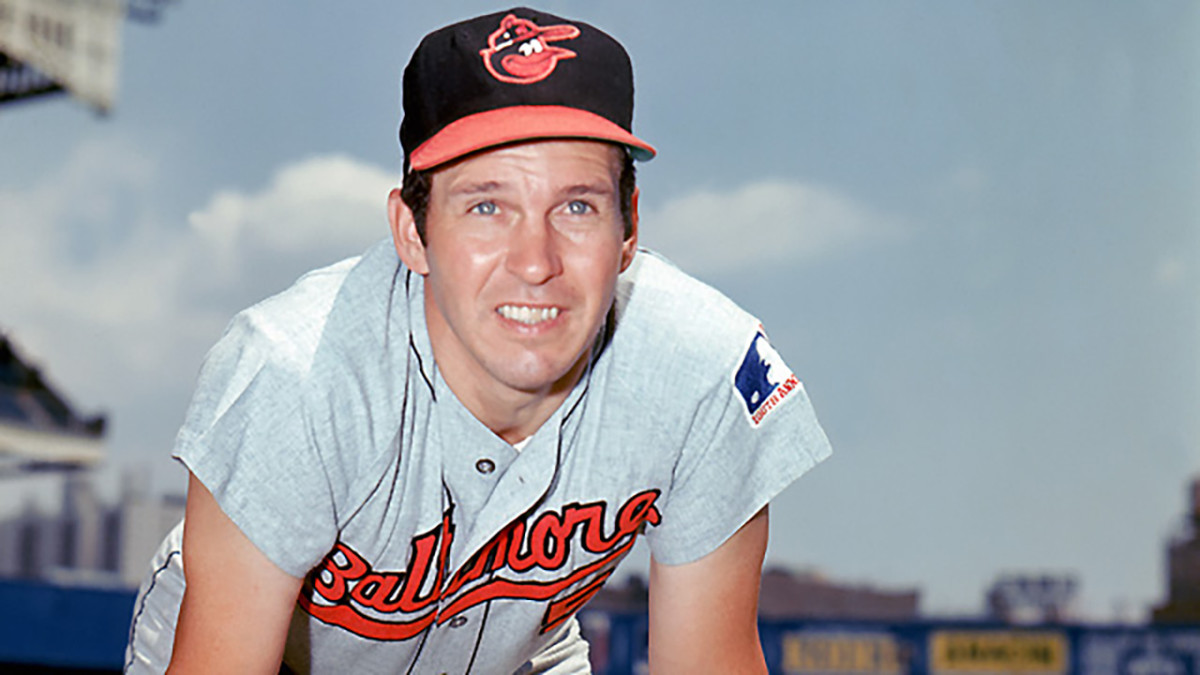
Robinson produced an RBI single in the second game and made World Series history with his outstanding effort in Game 3. He started a first-inning double play with a leaping grab of Tony Perez’s grounder; charged a slow roller in the second inning and threw out Tommy Helms; and concluded his memorable afternoon with a diving catch of Johnny Bench’s liner. The Series ended with a ground out to Robinson in Game 5, a 9-3 Orioles victory.
“I’m beginning to see Brooks in my sleep,” Reds manager Sparky Anderson stated during the Series. “If I dropped this paper plate, he’d pick it up on one hop and throw me out at first.”
In 1983, Robinson was voted to the Hall of Fame on the first ballot. He was chosen to baseball’s All-Century squad in 1999, which honors the finest 25 players of the twentieth century. His No. 5 jersey is one of just six retired by the Orioles.
Robinson was plagued by a series of health issues beginning in 2009. He was diagnosed with prostate cancer in 2009, underwent abdominal surgery in 2010, developed an infection while recovering from the operation in 2011, and in 2012, his chair slid off a banquet platform, requiring him to spend a month in the hospital.
Robinson auctioned off practically all of his extensive mementos in his final years.
“My children, they have everything they’ve ever wanted from my collection,” Robinson stated in 2015. “My entire family and I have been extremely fortunate during our time in Baltimore.” So it’s time to pay it forward.”
Robinson stated that “every cent” of the revenues would be donated to the Constance and Brooks Robinson Foundation for charitable purposes.
Robinson was named the Orioles’ special adviser in July 2018, with Robinson stating that he will be more focused on community events.
“I talked to [chair and managing partner] John Angelos about three weeks ago, and we had lunch,” Robinson told me. “I told him, ‘I’ll do anything, but I don’t want to have to make baseball decisions.'” If you want to know the truth, that has passed me by.”
Robinson was president of the Major League Baseball Players Alumni Association in addition to his job in the Orioles front office.
